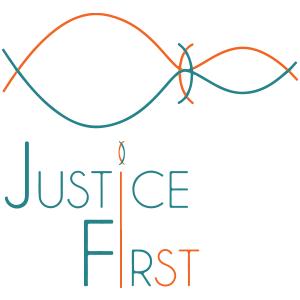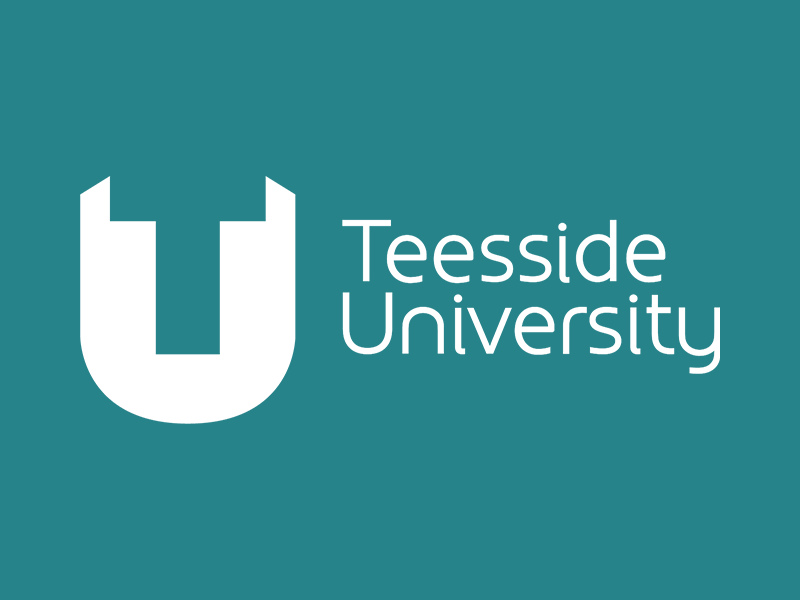Research & Reports
Immigration Detention of Women
This Briefing Paper focuses on women’s experience in immigration detention. It has been created by women who are either experts by experience or who work to support women who have been detained.
The intention of the Briefing Paper is to provide insight into women’s experience of immigration detention and to be a tool to support campaigns to end detention.
It has been written with support from Justice First, Gatwick Detainees Welfare Group, Samphire and was funded by the University of Kent. Grateful thanks go to all who contributed their time and knowledge.
Please share widely amongst campaigning groups and consider sharing with your local and national elected representatives.
All comments and questions should be directed to Dr Lucy Williams
Challenges in Mental Health Support for Refugees and Asylum Seekers
Did you Know?
Every year, Justice First is proud to host student placements in partnership with Teesside University! We collaborate with two cohorts of MA students annually, with around four students in each group. These placements, conducted remotely, run from January to May and September to December. Students work on meaningful research topics provided by Justice First.
The most recent placement group has just concluded, and their final report is brilliant! Focused on the challenges in mental health support for refugees and people seeking asylum, this report is among the best we’ve ever received. A huge congratulations to the students for their outstanding dedication and research!
At Justice First, we believe that programmes like these are vital to advancing our work. They enable us to contribute insights to local and national conversations and drive meaningful change in our communities. We’re excited to share this incredible report with you. A special thank-you to Teesside University for their continued partnership and for fostering brilliant students who make such a positive difference. At Justice First, we’re passionate about empowering students to contribute to meaningful change. Despite limited resources, these research projects help us address critical gaps, influence local initiatives, and advance our work for social justice.
New Student Research Report: The Legal Aid Crisis and Its Impact on Asylum Seekers and Refugee Claims in the UK
We’re thrilled to share the latest research produced through our ongoing partnership with Teesside University.
As part of their placement with Justice First, a dedicated group of MA students has completed an insightful and timely report exploring The Legal Aid Crisis and Its Impact on Asylum Seekers and Refugee Claims in the UK.
This report sheds light on the significant challenges faced by individuals navigating the UK asylum system amid ongoing cuts and restrictions to legal aid. It offers well-researched perspectives on how the current legal framework affects access to justice and the outcomes of asylum claims.
We’re incredibly proud of the students’ commitment and rigorous analysis. Their work not only highlights urgent issues but also contributes valuable knowledge to advocacy efforts and policy discussions.
We thank Teesside University for their continued collaboration.




